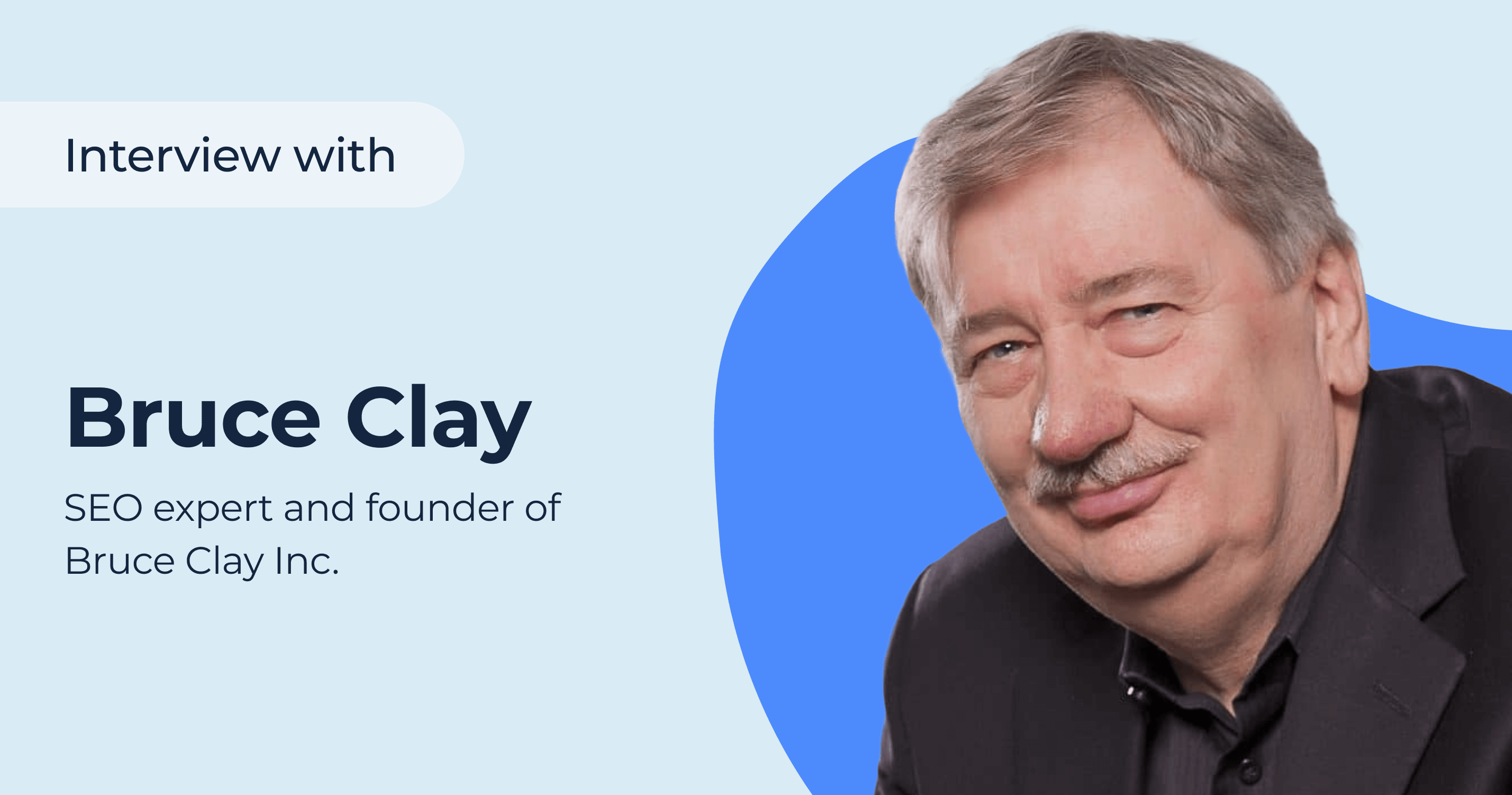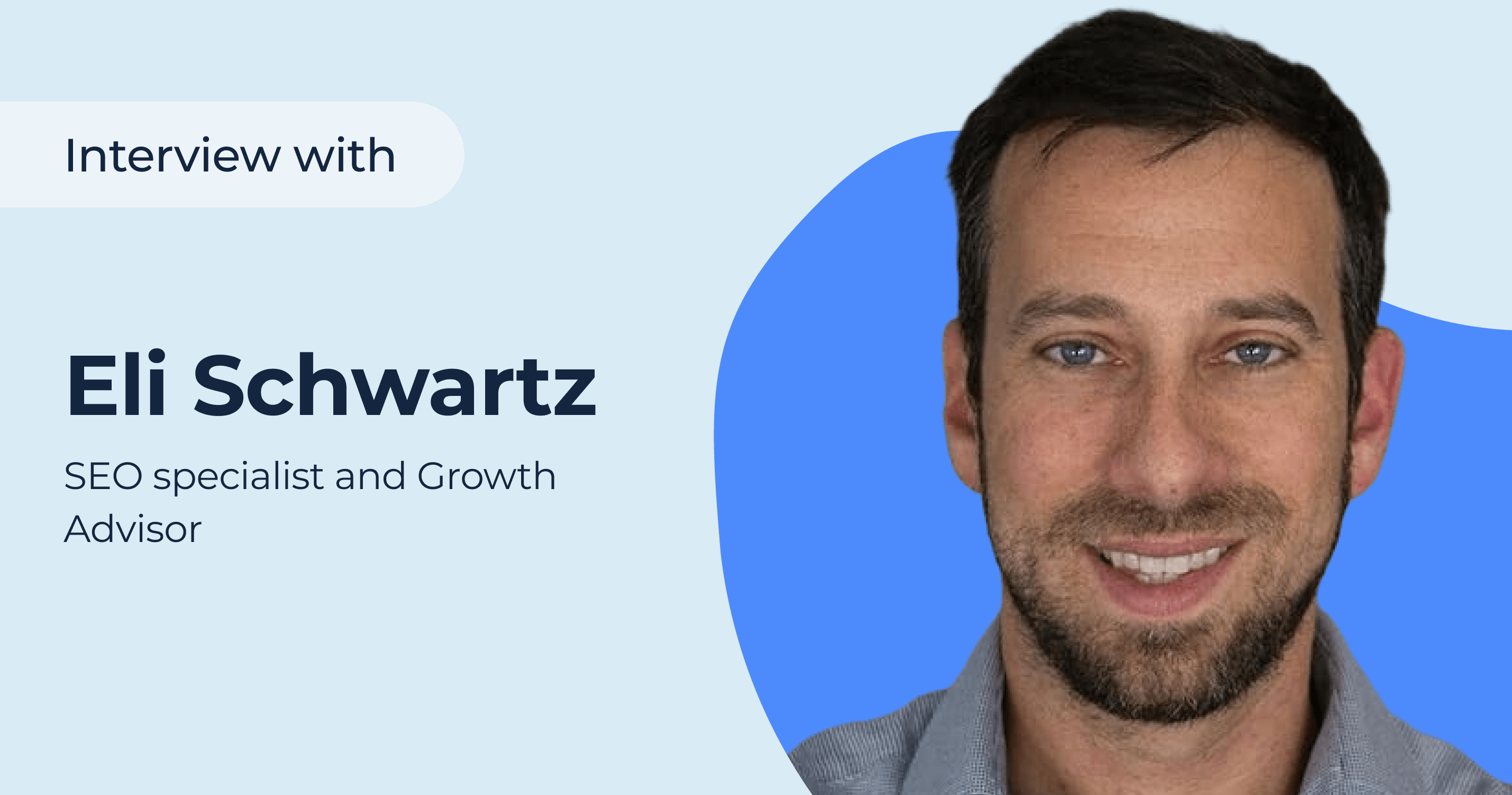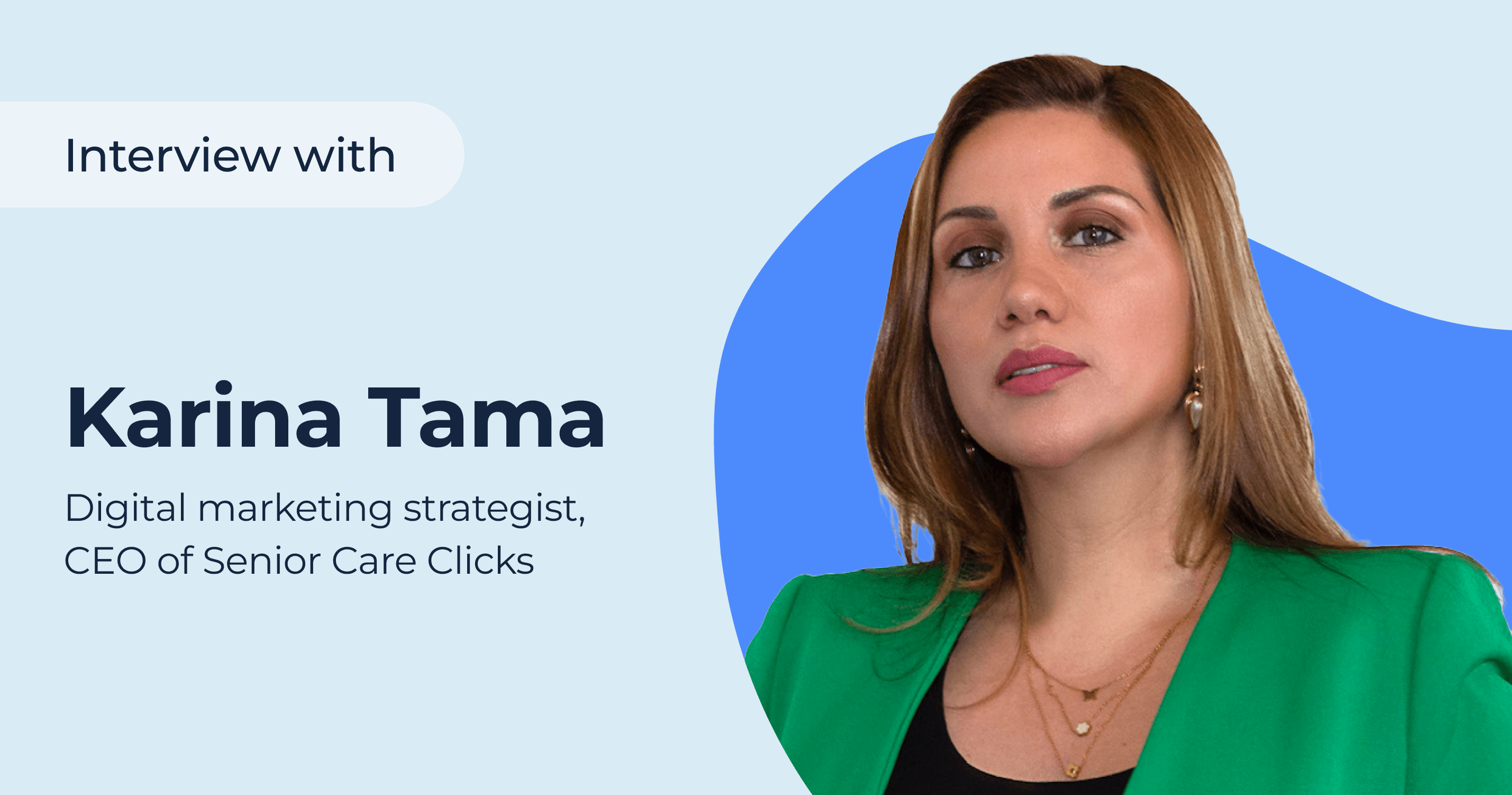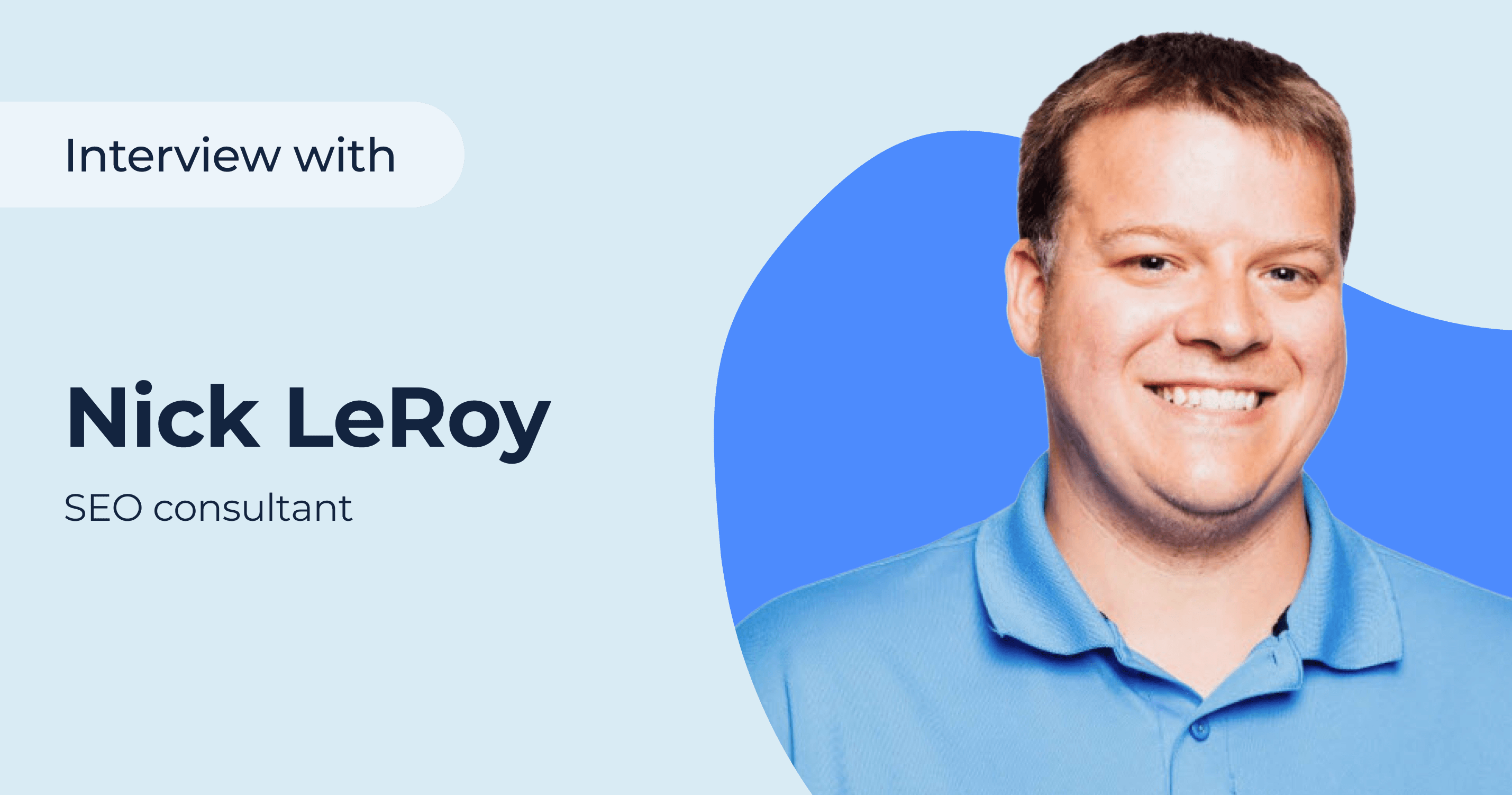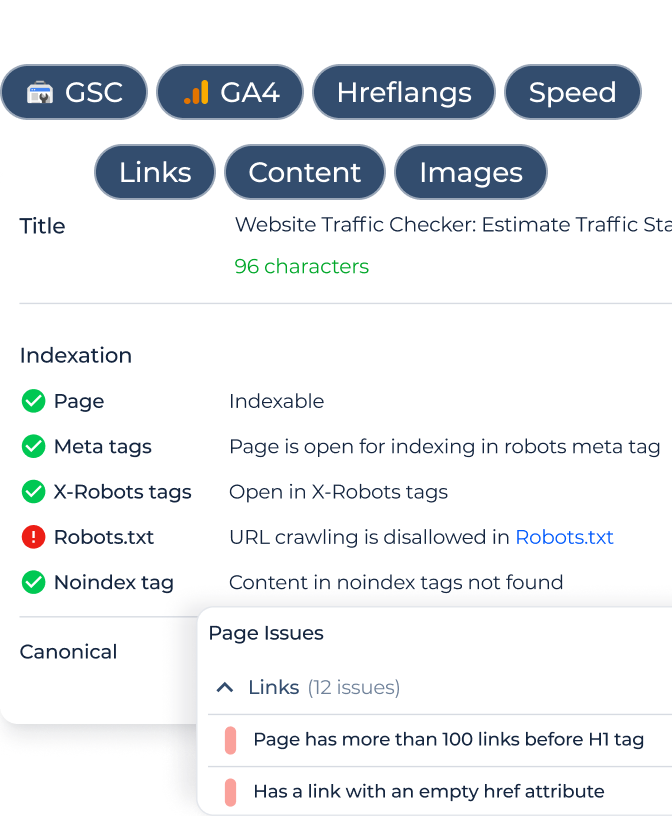Bruce Clay is the world-famous SEO expert, founder and president of Bruce Clay, Inc., a leading search marketing company providing SEO services and consulting.
He was featured in publications such as The Wall Street Journal, USA Today, PC Week, Wired Magazine, and many more. Bruce has authored several books, including “Search Engine Optimization All-in-One for Dummies”, “Content Marketing Strategies for Professionals”.
In 2013, Bruce received the Lifetime Achievement Award of Excellence in Vision, Execution and Market Influence in the Practice of Search Marketing by the History of SEO advisory board. For more, check out Bruce Clay, Inc. Twitter page.
1. How many years of experience in digital marketing do you have?
25+
2. What type of digital marketing you have the strongest skills?
SEO is my passion.
3. What projects have you launched recently that you are proud of?
Many. One is the CWV and Page Experience scores for our own site. Load it in a browser and jump from page to page to see what speed looks like (desktop or mobile).
4.What do you do to further your own SEO knowledge and skills?
Read hours per day plus run experiments since so many things you read are questionable.
5. Is there any marketing or SEO blog you like most of all and why?
Other than our own I like Searchengine Land and SE Journal, but I read about 5 regularly if the topics seem appropriate.
6. What are the TOP-3 errors you made at the beginning of your SEO specialist career?
Since that was 1996 I did not buy enough domain names, I chose to keep the business a consultancy (small), and I happily trained my competition.
7. What SEO tactics do you think are underrated?
Siloing can change your life if done properly.
8. Do you believe that backlinks are Google’s past? Is link building important for increasing the website’s position nowadays?
Backlinks are the past, mostly because so many are inorganic or lack authority. But authoritative quality links are invaluable. Links are being displaced by mentions, and mentions are being made important by influencers, and influencer followers are creating links and more mentions, and mentions are “buzz” and influence rankings.
9. In your opinion, does the technical health of the website affect the ranking positions in search engines?
Yes, definitely. It shows maintenance and that shows freshness and that implies that content is reasonable current. Of course, you need to be committed to maintaining the site. Malware is a classic example of a fail.
10.How do you stay up-to-date on the near-constant search algorithm changes?
Reading, following, and paying attention to others in the space, followed by having FTE’s that validate and implement tests. 100% (!) of our SEO/PPC staff have more than 10 years of experience so experts also see and report things internally in our daily huddles.
11. Are you going to surprise the SEO and Digital Marketing world with something new (tool / app, course, product)?
SEOtraining.com is a continual everything training membership site. It includes 15+ hours of training, offers live monthly Q&A sessions, webinars, books snd eBooks, additional videos, software tools, and more, all designed to have a constant training experience instead of a once and done. Yes, you can take the course as often as you want during the year, and as the course is updated you get to retake it. All for the cost of a classroom course.
12. How do you make competitor analysis? Please provide a short 1-2-3 steps guide?
We believe that SEO is to beat the competition and not the algorithm through a methodology referred to as being “least imperfect”. That is covered in detail in our course, but essentially we see what Google is rewarding (top-10) and run those sites through our patented software to determine targets that are rewarded.
We also do a lot of content gap analysis to identify other keywords that clarify themes and assist in schemas and content structures. We listen to Google and try to be where Google is going instead of where the competition is now… We leave the competition in our dust.
13. In your opinion, does a user’s behavior impact website ranking in SERP?
Slightly. Not on your specific website other than through swell time, but more specifically with clicks that clarify the search intent. If your site intent (transactional) does not match the query intent (informational) tour ranking will drop. Likewise, a minimal dwell time implies dissatisfaction.
14. What is your approach to developing an SEO strategy?
Listening to the client to determine ROI targets, then becoming least imperfect. Ranking is a leading indicator of traffic, and traffic is why clients do SEO. We also develop our strategy and tactics in 4-week sprints… every month we focus on the right things, not something imagined months ago.
15. How do you see the future of SEO (in 5 years)?
It will be much more of an architectural role. Anyone building a serious website will need it. But it will be technical, it will be about very specific answer communication, and if I am right, the goal will be to be the expert in a crowded room and to still have a share of voice.
16. Which SEO or marketing tools can you recommend as a must-have for every SEO specialist?
Clearly Google for tracking and signals for future changes, some “everybody” tools for seeing what the average site sees (like SEMrush and MOZ), and some custom tools to do deeper analysis and maintenance (SEOToolSet).
17. What advice can you give to those who are just starting their career in digital marketing?
Do not be impatient. Learn more than just one thing. Read often, experiment, ask questions, take training, pay attention. Assume the first 5 years is to develop skills, the next 5 years should be agency work to develop communication and ability to solve a myriad of real-world problems, speak at conferences, write a leading blog, then apply with us.
18. How to make a website search engine friendly? Could you please name the main steps?
Make the website fast and crawlable is the first step. Have a clear hierarchy that aligns with how people search (Siloing). Become least imperfect. Become the involved accepted expert instead of the invisible or lunatic fringe.
19.SEO is such a controversial thing. Every SEO specialist rates its success differently. What is your way to rate SEO success? What metrics do you look at?
Traffic. Ideally, meaningful traffic that converts. We cannot be responsible for the ability of the client to sell, but we can give them leads.
20. In your opinion, a good SEO specialist should be a good analyst? What extra knowledge should SEO specialist have to succeed?
Communication (spoken and in writing) or they are not “good”. They should be able to teach and mentor others (if you cannot explain it you do not understand it). And they should have solid time management a project management skills. Leadership comes later.
21. You are noticed at many digital conferences. How important live communication is for business? How does it work for you?
Conferences generate leads and that is vital. As a business you need it. Visibility is critical if you wish to be a brand. There are a lot of ways to generate leads and we have successfully found several.
22. Should a business have a corporate blog?
Only if they want to be seen as a brand and leader. A blog is a voiced content even for social.
23. How can start-ups and early-stage businesses use SEO effectively to drive traffic to their sites?
SEO takes time. Start with your message and work on exposing the concepts for your business. It takes a critical mass of content and messaging to gain the trust of a search engine so pay your dues. That time can be shorter with extreme energy on SEO and content, but it is the website that needs development. Remember, the website is the weapon you bring to the SEO battle, and you do not bring a knife to a gunfight.
23. What do you prefer the most: client SEO, own projects, consulting, something else?
Client SEO – it funds the rest. But training is the most fun.
24. What strategy do you prefer: launch and grow many small projects or work on a few solid projects?
We deliberately seek out a mixture. If the ROI is there for the client it does not matter their size.
25. Have you ever used black hat and grey hat SEO tactics? What do you think about them?
I like to think not, but what was once a white hat may now be a black hat. Following the Google rules in a world where things change 8x per day makes it unclear as to what will be allowed in even a year. I am sure that experiments or tools may have become questionable and so were discontinued, but we try to stay white hat.
26. Have you ever run Google Ads campaigns? How do you combine Google Ads campaigns and SEO?
Yes, and they are good at determining ROI or activity by keyword or theme. Negative keywords signal ambiguity for the SEO team, while variants signal opportunities for the PPC team.
27. Does your university degree help to succeed in SEO and digital marketing?
Math and programming for sure, and my MBA for marketing and business management. I use what I have learned in school constantly. It may not help if everything is going well, but with recessions, wars and viruses it helps… we have been here 25+ years and I consider what I have learned in school to have helped.
27. Can you share your professional and business plans for the next 2-3 years?
Triple revenues and become an attractive M&A candidate.
28. What can you tell about mobile SEO? Is it true for you that mobile SEO will absolutely force out desktop soon?
No. Mobile is 5 years out. People like gig screens for “work” and use phones for casual queries. Until the technology changes significantly the desktop will remain the workhorse of business.
29. Structured data is becoming more and more important these days. What do you think about it? Why did Google start to pay so much attention to structured data sites?
It helps the search engines with ambiguity related to websites. That allows a better match with the intent of the query. The query may require diversity to address ambiguity, but your site can never be vague or confusing. So, yes, schema can help. As for Google, consider it vital to establishing expertise… Google is looking (now) for specialists rather than broad topic sites.
